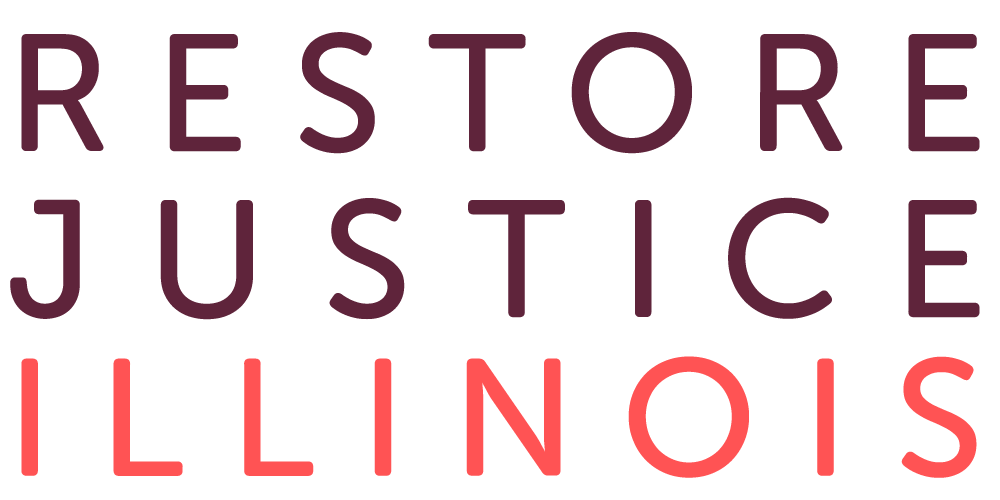MARGARET CROKE – 2020
DEMOCRATIC CANDIDATE FOR ILLINOIS HOUSE DISTRICT 12
QUESTION 1: These are several areas of criminal sentencing law that help fuel long-term incarceration. While the General Assembly debates these bills, the views of State’s Attorneys are always central to the discussion. That’s why we’d like to ask you for your opinion publicly since it carries so much weight with legislators. Please share your thoughts on each one of these.
Mandatory gun enhancements: Judges must add 15 years to the sentence of someone who possesses but does not use a firearm in the commission of a crime. In 2015, a new law made these enhancements discretionary for juveniles, but not adults. HB4376 (Ford) would make those mandatory gun enhancements discretionary for all offenders. (Do you support, oppose, or are you neutral on the bill? Thoughts welcome.)
I support judges having the power to decide on a case-by-case basis whether enhanced penalties are necessary or not.
Felony-murder rule: Illinois has a broad felony-murder statute that allows prosecution of individuals for murder in cases where they did not commit or plan to commit a murder, but committed another forcible felony that resulted in someone’s death. HB1615 (Slaughter) and SB2292 (Peters) would narrow the scope of Illinois’s felony-murder law. (Do you support, oppose, or are you neutral on the bill? Thoughts welcome.)
I would support narrowing the scope of Illinois’s felony-murder statute, but I am neutral on this specific piece of legislation until I have had the opportunity to consult with the Cook County State’s Attorney, Restore Justice Illinois, and my future colleagues on how this piece of legislation specifically narrows this rule and how it would be applied.
Accountability: Illinois law utilizes a theory of accountability throughout its criminal statutes. This theory allows individuals to be convicted of the same, more serious crime as their co-defendant/s in an underlying felony, even if they did not directly perpetrate or plan to perpetrate the more serious crime. If convicted, people who are accountable serve the same sentence as the primary actor in the offense. (Do you think we should abolish accountability theory, narrow the usage of accountability theory, or keep accountability as is?)
Narrowing the usage of accountability theory is the appropriate action and we must also require our criminal justice system to keep proper statistics on the usage and application of its tools so that lawmakers have the means to conduct proper oversight.
Earned sentencing credits: A 1998 law called Truth in Sentencing reduced or removed the opportunity for incarcerated individuals to earn “time off for good behavior.” The law has led to much longer actual “time served” in Illinois prisons and has removed incentives for rehabilitation. (Do you think we should restore earned sentencing credits to pre-1998 levels, restore some earned sentencing credits, or keep sentencing credits the same? General thoughts welcome.)
Incentives matter, so there should be a way for those who are serving a sentence to engage in good behavior and have it be impactful.
Mid-sentence parole review: Illinois has true “parole for release” for only a tiny fraction of the prison population (those of any age convicted before the abolition of parole for release in 1978, and those under age 21 convicted after June 2019, pursuant to Public Act 100-1182, the Youthful Offender Parole Law). The remainder of incarcerated people in Illinois do not have access to a parole review hearing at any point in their term of incarceration. What most call parole in Illinois is a post-incarceration period of Mandatory Supervised Release, which is added to a sentence and is not a path to be released earlier than the original sentence.(Should we restore parole as a system for early release broadly, or should we continue with no general parole where the incarcerated serve the entire sentence received no matter what circumstances may have changed?)
I support restoring parole as a system for early release broadly. The current prison population in Illinois stands out internationally, with recent numbers showing that we far surpass the incarceration rate in the UK. Offering parole could be a helpful tool in reducing prison population, while still keeping our state safe.
Abolishing life without parole sentences for all juveniles. Unlike the majority of states, current law in Illinois still allows for a juvenile to receive a life sentence without the possibility of parole, despite young people having unique ability to change. A 2019 law implemented mid-sentence parole review for most individuals convicted of serious offenses before they turned 21. HB5670 (Mayfield) would expand on that law to prohibit life without parole sentences for anyone under the age of 21 when their crime was committed. Juveniles could still serve life in prison if the Prisoner Review Board rejects their application for early release. (Do you support, oppose, or are you neutral on this bill? Thoughts welcome.)
Young people have limited use of their full capabilities as an adult and I support the opportunity of a board to review crimes committed as a juvenile to determine if they can change.
QUESTION 2: Proactive commutations by the Governor. Our current state prison population of 36,000 remains stubbornly high, largely because Illinois abolished mid-sentence parole review in 1978; people who otherwise might have been released from prison due to rehabilitation no longer have that option. The State Constitution gives the Governor authority to commute any sentence and release any person. Today, commutation is a reactive process. An incarcerated individual must submit a petition for review to the Governor, who tasks the Prisoner Review Board with creating a private recommendation, which the Governor may or may not act upon. Given the lack of mid-sentence parole review since 1978, do you think Governor Pritzker should make the reactive commutation system more proactive to systematically consider commutations? Potential groups to consider for proactive commutation include the elderly (over 65), those who have had excellent records while in prison, or those who have demonstrated remorse and have been rehabilitated but still face decades of incarceration. (Do you think Governor Pritzker should proactively review incarcerated individuals serving long sentences and assign them to the Prisoner Review Board to determine whether their sentences ought to be commuted given their unique circumstances? Do you think he should not do that? Thoughts welcome.)
While I understand that this power lies with the Governor, I think the better option would be to reinstate a form of mid-sentence parole review.
QUESTION 3: General ideas and personal anecdotes. When you think about our criminal legal system in Illinois (from policing to prosecution to sentencing to incarceration to re-entry), what do you see as the biggest opportunities for improvements in the next two years? Please consider this an open-ended question to share any important anecdotes that inform your perspective or other ideas for reform or improvements that deserve more attention.
I think people have said loudly and clearly that the criminal justice system must take a more robust and sophisticated approach to public safety. The answer is not always more police, “throwing the book” at people, or the harshest option available. We have to not only take a different approach to low level criminal activity, but invest in rehabilitation, diversion, and other alternatives to punishment. We also cannot ignore the fact that public policy in other areas e.g. education and jobs can have an enormous impact on the system.
QUESTION 4: Voting rights while incarcerated. Should people who are incarcerated in prison be allowed to vote? Those in county jails (before they are sentenced) are allowed to vote. Vermont and Maine allow those serving a sentence in state prison to vote.
Yes.
QUESTION 5: There is an ongoing debate over whether the General Assembly has the constitutional authority to pass a law reducing criminal sentences for people already incarcerated. Those who say it’s unconstitutional believe the only two methods to modify sentences are through executive clemency, or a legal procedure called revestment, wherein the prosecution and defense agree to bring the case back before a judge. On the other hand, some argue while those are two legitimate avenues to modify existing sentences, they are not the exclusive avenues, and if the General Assembly wishes to pass a law that reduces existing sentences, the General Assembly is not constitutionally precluded from doing so. In other words, revestment is a path toward modifying existing sentences and it doesn’t preclude legislative action. Please share your opinion on whether the General Assembly has the constitutional authority to pass criminal sentencing changes that affect the currently incarcerated. (This question is particularly relevant to State’s Attorneys, as the leaders of the community of State’s Attorneys have aggressively taken the position that any bill the General Assembly considers that would potentially reduce sentences for currently incarcerated people is unconstitutional.)
I will seek out Illinois constitutional experts, public policy advocates, and my future colleagues to research this matter further before I state whether a power of the Illinois General Assembly is consistent with our constitution.

